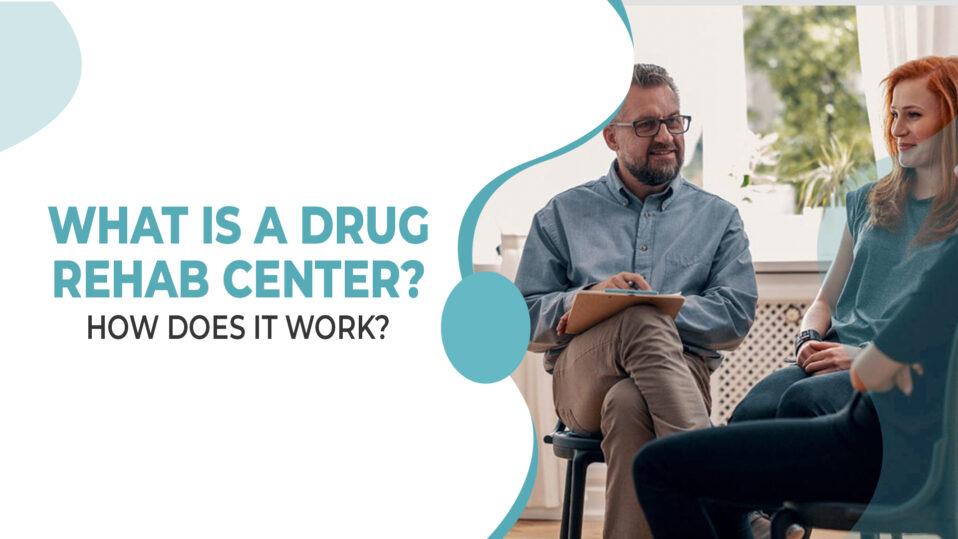If you are struggling with depression, then the first thing you need to know is that not everyone suffering from depression needs to go to sober living near me. If you are wondering should I go to a mental hospital quiz or not, then you are on the right page, as you can get all the details here. Ideally, inpatient hospitalization is voluntary means you agree with your professionals to seek intensive treatment. Clinically this is known as involuntary or compulsory hospitalization where you don’t wish to seek hospital care.
The main aim of inpatient psychiatric care is to help you get stable to continue your treatment for a long time. So, in simple terms, you can say that it is a shortstop that enables you to get through the crisis.|
Importance of inpatient
Inpatient mental health treatment is not only essential but also a life-saving level of care that more people need to use and learn about. Instead, people ignore it, and there is a lot of stigma regarding it. Going to mental healthcare is simply like getting the right level of care while you are in crisis. It is just like going to a clinic for a short-term ailment. There are various types of therapies available that the doctors prescribe based on your needs and budgets. These therapies will help you recover like no other. So you should not think twice before heading to inpatient care if you are dealing with a 5150 psychiatric hold.
Top things no one tells you about being at inpatient psychiatric care
- Admission takes time- When you visit PTSD treatment near me, it might take hours or days to get a proper bed if you go through an emergency room. During the transition period, your belongings will be ideally taken away, and it’s the room’s closet will have only one cot and blank walls. Visitors are not allowed to meet you during this period. At times, you might be taken to a different facility or city by ambulance if there are no beds available. If this happens to you, the experts at sober living near me will make some accommodations.
- One might have a lot of downtimes- You need to know that this is a temporary phase, and all the rules are here to get you better. Furthermore, you must understand that even though there are board games or journals available, you need to check the regulations before trying new things. One rule of thumb you need to know is that sharp, nothing profane, and nothing with strings are allowed. Even electronics are not allowed.
- Patients around look and sound pretty standard- At times, you might forget that people are going through a lot of stuff. You can bond quickly, as you spend a lot of time together, and you can be sad while they are discharged. Everyone is here for different reasons, but you would need to find common ground and make new connections. It would be best if you remembered that the relationships you create here need to be dealt with care.
- Some patients are entirely sick- It can be challenging to watch and deal with patients. There are some patients that get into fights, urinate on the floors, and also need constant attention or sedation. You need to talk with the professionals as soon as possible if you feel uncomfortable around some patients in the inpatient psychiatric care.
- The doctors keep you longer than intended even if you join voluntarily- Once you understand, should I go to a mental hospital quiz? The doctors will decide your duration or length of stay. The term might extend if you don’t attend group therapies or eat medications on time. You need to know that you are watched all the time by nurses or other techs, and they report your condition to the medical professionals regularly. Above all, it is good to ask for some extra help if needed.

What do you need to do inside inpatient psychiatric care being an inpatient?
There are some therapeutical activities available for 5150 psychiatric hold, which help you feel relaxed and calm down even during the most stressful times. Your nervous system is overwhelmed during a mental health crisis. You can heal your nerves during a mental health crisis, so soothing therapies can help you recover your nerves so you can regain your ability to focus on what is happening now. It also enables you to participate better in different activities.
The perfect candidates for inpatient treatment
Mental health care mainly depends on what type of person you are. You can experience severe mental health episodes irrespective of your current circumstances. When your mental health symptoms become too painful to safely manage, you need to head to inpatient mental care.
Some of the reasons to head to inpatient treatment are:
- Psychosis (delusions and hallucinations)
- Escalating reckless or impulsive behavior
- Altered mental status due to substance use
- Bipolar mania
- Severe depression
- Self-harming behavior
- Suicidal intent or a plan
24/7 ADMISSIONS HELPLINE
+1(812)924-7547
Duration of stay
The average length of stay at inpatient treatment is around seven to thirteen days. The duration also depends on why you are admitted and how quickly you can respond to the treatment. For example, you might be admitted to a general hospital with a psychiatric unit if you are getting inpatient care for the first time.
What happens after treatment?
After you are done with treatment at PTSD treatment near me, your medical team starts preparing your discharge plan. However, there is also a possibility that you need ongoing outpatient care after leaving the treatment center if you want to lead a better life.
Lastly, your medical team might recommend additional treatments after checking your circumstances. They might make some referrals to address the co-occurring conditions which you might have already. Initially, the inpatient program might frighten you initially, but there is nothing to worry about.







